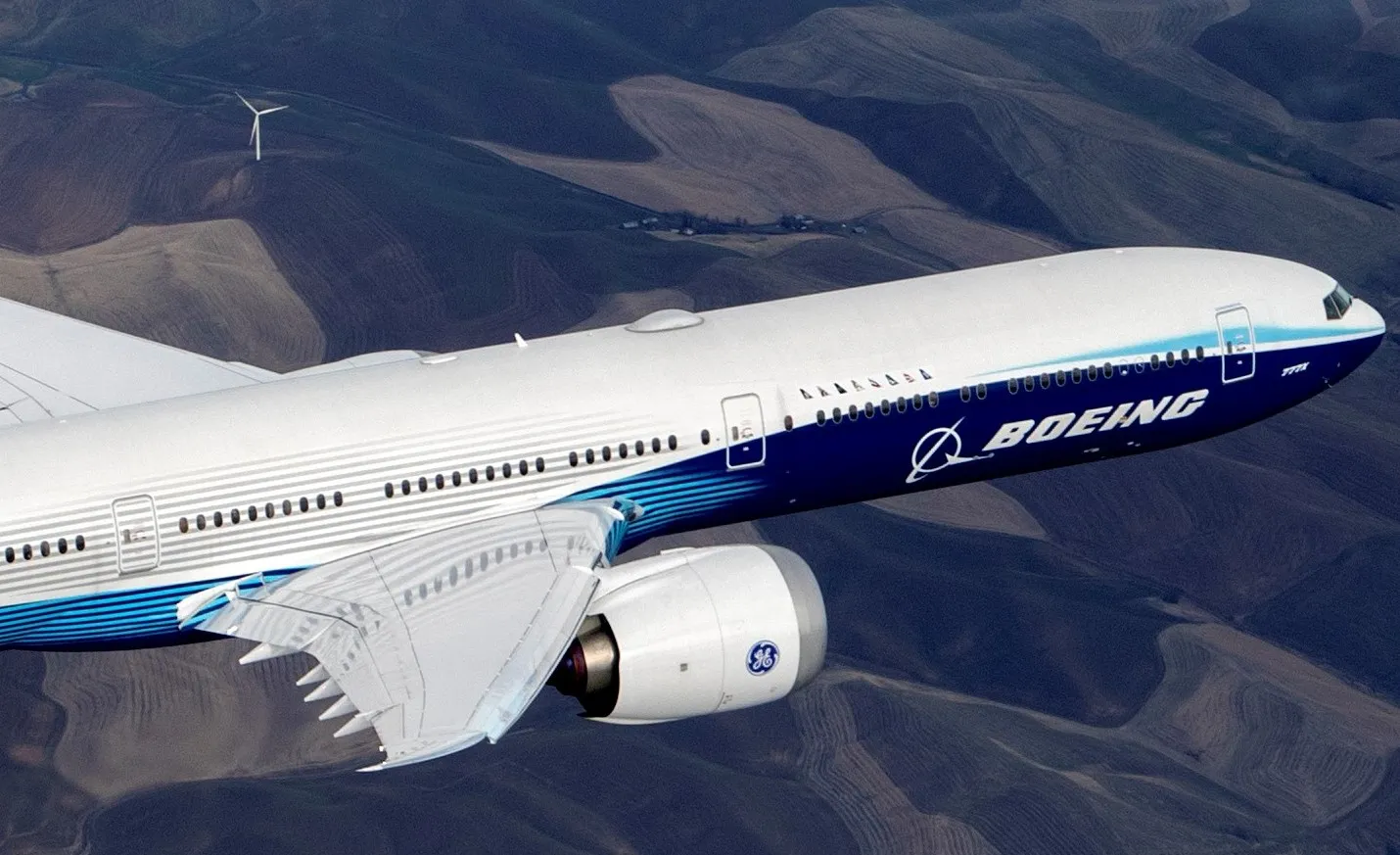
Boeing slashes 777X order book
Feb 02, 2021

Boeing has significantly reduced its order book for the 777X aircraft, indicating challenges in meeting production timelines and market demand. The decision reflects ongoing issues within the aerospace industry, including supply chain disruptions and shifting customer preferences. Airlines have been reassessing their fleet needs in light of changing travel patterns and economic pressures, leading to a reevaluation of long-haul aircraft orders. Boeing's move to scale back on the 777X underscores the complexities the company faces as it seeks to regain stability and confidence among its customers while navigating a competitive market landscape.
Boeing's Strategic Shift in the 777X Order Book
Boeing recently made headlines as it announced a significant reduction in its 777X order book. This decision reflects the company's ongoing strategy to respond to changing market demands and adjust its production plans accordingly. As the aviation industry continues to evolve post-pandemic, understanding the implications of this move is crucial for stakeholders.
The Current State of the 777X Program
The Boeing 777X program has faced various challenges since its inception, including delays and production issues. With the ongoing impacts of the COVID-19 pandemic, airlines have had to re-evaluate their fleet requirements. As a result, many carriers have either deferred or canceled orders for the 777X, prompting Boeing to reassess its production outlook.
Order Book Reduction: Key Figures
Recent reports indicate that Boeing has slashed its 777X order book by a substantial margin. This reduction comes as part of a broader strategy to streamline operations and focus on more immediate market needs. Here is a breakdown of the current order book status:
| Airline | Original Order | Revised Order | Change |
|---|---|---|---|
| Emirates | 150 | 115 | -35 |
| Qatar Airways | 60 | 50 | -10 |
| Lufthansa | 20 | 10 | -10 |
| Other Airlines | 30 | 15 | -15 |
This table illustrates the significant adjustments that have been made to the 777X order book, showcasing how airlines are responding to current market conditions.
Impact on Boeing's Production Strategy
The reduction in the 777X order book is not just a reflection of decreased demand; it also signals a shift in Boeing's production strategy. The company is now focusing on ensuring that its production lines are efficient and capable of meeting the needs of airlines that are ready to expand their fleets. This strategic pivot will allow Boeing to allocate resources better and potentially accelerate the delivery of aircraft that are still in demand.
Market Trends Influencing the 777X Order Book
Several market trends are influencing the recent changes to Boeing's 777X order book. These include:
- Post-Pandemic Recovery: As the aviation industry continues to recover, airlines are carefully analyzing their capacity needs. Some are opting to invest in smaller, more fuel-efficient aircraft rather than larger models like the 777X.
- Shift to Sustainability: Airlines are increasingly prioritizing sustainable aviation practices. This trend has led to a growing interest in newer aircraft that offer better fuel efficiency and lower emissions.
- Geopolitical Factors: International relations and geopolitical tensions have also played a role in how airlines approach their fleets, with some regions experiencing slower recovery than others.
Boeing's Response to Market Changes
In light of these trends, Boeing is taking proactive steps to adapt its offerings. The company is enhancing its focus on customer engagement, ensuring that it understands the evolving needs of airlines. Additionally, Boeing is investing in research and development to create aircraft that align with future market demands.
Future Outlook for the 777X Program
Looking ahead, the future of the Boeing 777X program will largely depend on how the aviation market evolves. While the current reduction in the order book may seem concerning, it is essential to view it through the lens of strategic realignment. Boeing's ability to innovate and respond to airline needs will be critical in determining the long-term success of the 777X.
Conclusion
The decision to slash the 777X order book is a significant move for Boeing as it navigates the complexities of the aviation industry. By focusing on efficiency and responding to market demands, Boeing aims to position itself for success in a competitive landscape. Stakeholders, including airlines and investors, will be watching closely to see how Boeing implements its new strategies and the impact on the 777X program moving forward.
In summary, while the reduction in the 777X order book may raise questions, it also opens up opportunities for Boeing to refine its offerings and align with the future of air travel.
Related Articles

Explore Thailand: The Best Islands to Visit for Paradise, Adventure, and Relaxation

The Ultimate Guide to the Best Islands in Thailand for Your Next Getaway

Do babies need passports? How to get a passport for a newborn

How to get a U.S. passport fast: here’s how to expedite the process

What is Mobile Passport Control: 5 reasons why you should use it

SENTRI vs. Global Entry: A detailed guide

Do you need a passport to go to the Bahamas? Let’s find out

Do you need a passport to go to Mexico? A detailed guide

Do you need a passport to go to Canada? We got the answer

Do You Need a Passport for a Cruise: An Essential Travel Guide

Booster Seat Requirements: All the Rules to Follow in Your Rental Car

What Are the World’s Most Powerful Passports, and How Does Yours Rank?

How to Take a Passport Photo at Home: A Helpful Guide

You've got to have heart! Southwest's new livery

Your opinion: Should water be free on low cost carriers?

Young women bolder than guys as solo travellers
